The Power of Decision: Understanding the Process of Making Up One’s Mind
Related Articles: The Power of Decision: Understanding the Process of Making Up One’s Mind
Introduction
In this auspicious occasion, we are delighted to delve into the intriguing topic related to The Power of Decision: Understanding the Process of Making Up One’s Mind. Let’s weave interesting information and offer fresh perspectives to the readers.
Table of Content
- 1 Related Articles: The Power of Decision: Understanding the Process of Making Up One’s Mind
- 2 Introduction
- 3 The Power of Decision: Understanding the Process of Making Up One’s Mind
- 3.1 The Cognitive Foundation: A Journey of Information Processing
- 3.2 The Emotional Influence: Navigating the Landscape of Feelings
- 3.3 The Social Context: The Influence of Others
- 3.4 The Importance of Decision-Making: Shaping Our Lives and Our World
- 3.5 FAQs about Making Up One’s Mind: Addressing Common Questions
- 3.6 Tips for Effective Decision-Making: Practical Strategies for Success
- 3.7 Conclusion: The Power of Choice and the Journey of Decision-Making
- 4 Closure
The Power of Decision: Understanding the Process of Making Up One’s Mind

In the tapestry of human experience, decision-making stands as a fundamental thread. It weaves through every aspect of our lives, from the mundane to the monumental. The ability to make informed and decisive choices shapes our paths, influences our outcomes, and ultimately defines who we are. This process, often referred to as "making up one’s mind," is a complex interplay of cognitive, emotional, and social factors.
The Cognitive Foundation: A Journey of Information Processing
At its core, decision-making is a cognitive process. It involves gathering, processing, and evaluating information to arrive at a conclusion. This intricate dance of information processing occurs within the intricate network of our brains.
1. Information Gathering: The first step in the decision-making process is gathering relevant information. This can involve seeking out data from external sources, such as research, consultations, or observations. It also entails drawing upon our internal knowledge base, including past experiences, beliefs, and values.
2. Information Processing: Once information is gathered, it must be processed and analyzed. This involves identifying patterns, evaluating potential outcomes, and weighing the relative importance of different factors. The brain employs a variety of cognitive strategies to facilitate this process, such as categorization, comparison, and prioritization.
3. Evaluation and Selection: The final stage of decision-making involves evaluating the available options and selecting the most suitable course of action. This often involves considering the potential consequences of each choice, assessing risks and rewards, and aligning the decision with personal goals and values.
The Emotional Influence: Navigating the Landscape of Feelings
While cognitive processes form the foundation of decision-making, emotions play a crucial role in shaping our choices. Our feelings can influence how we gather information, how we process it, and ultimately, which option we choose.
1. Emotional Biases: Emotions can introduce biases into the decision-making process. For example, fear can lead to risk-averse decisions, while excitement can drive impulsive choices. Recognizing these biases is essential for making rational decisions.
2. Emotional Regulation: The ability to regulate emotions is critical for effective decision-making. Managing anxiety, frustration, or overwhelming joy can help us maintain a clear perspective and avoid impulsive actions.
3. Emotional Intelligence: High emotional intelligence enables individuals to understand and manage their own emotions, as well as those of others. This skill is crucial for navigating complex interpersonal situations and making decisions that consider the emotional well-being of those involved.
The Social Context: The Influence of Others
Decision-making rarely occurs in isolation. We are often influenced by the opinions, expectations, and behaviors of those around us. This social context can significantly shape our choices, both consciously and unconsciously.
1. Social Norms: We are influenced by societal expectations and norms. These unspoken rules guide our behavior and often shape our decisions, particularly in situations where we feel pressure to conform.
2. Peer Pressure: The influence of peers can be a powerful force in decision-making. This pressure can lead individuals to make choices that align with the group’s values, even if they conflict with their own beliefs.
3. Social Support: Conversely, strong social support networks can provide individuals with guidance, encouragement, and a sense of belonging. This support can empower individuals to make decisions that are in their best interests.
The Importance of Decision-Making: Shaping Our Lives and Our World
The ability to make informed and decisive choices is paramount to our well-being and success. Effective decision-making empowers us to:
1. Achieve Our Goals: By making choices that align with our aspirations and values, we increase our chances of achieving our goals.
2. Navigate Uncertainty: The world is full of uncertainties. Strong decision-making skills help us navigate these challenges, adapt to change, and make the best of unforeseen circumstances.
3. Build Resilience: The ability to make difficult decisions, even when faced with adversity, fosters resilience. This resilience allows us to bounce back from setbacks, learn from mistakes, and continue pursuing our goals.
4. Contribute to Society: Informed and ethical decision-making is essential for creating a just and equitable society. By making choices that prioritize the well-being of others, we contribute to a more positive and sustainable world.
FAQs about Making Up One’s Mind: Addressing Common Questions
1. How can I improve my decision-making skills?
There are several strategies to enhance decision-making abilities:
- Develop a framework: Employ a structured decision-making process, such as a decision matrix or a pros and cons list.
- Practice mindfulness: Cultivate awareness of your emotions and biases to make more rational choices.
- Seek diverse perspectives: Consult with others, consider different viewpoints, and challenge your own assumptions.
- Embrace reflection: Regularly analyze your decisions, identify areas for improvement, and learn from your experiences.
2. What are some common decision-making traps to avoid?
Be wary of these pitfalls:
- Confirmation bias: Seeking out information that confirms pre-existing beliefs while dismissing contradictory evidence.
- Anchoring bias: Over-reliance on the first piece of information received, even if it is inaccurate or incomplete.
- Availability bias: Overestimating the likelihood of events that are easily recalled or vivid in memory.
- Framing effect: Being influenced by how information is presented, even if the underlying facts are the same.
3. Is it always necessary to make a decision quickly?
Not always. Sometimes, it is beneficial to take time to gather information, consider different perspectives, and weigh the consequences before making a decision. However, procrastination can also be detrimental. Finding a balance between deliberation and action is key.
4. What if I make a wrong decision?
Mistakes are a natural part of the learning process. Instead of dwelling on regrets, focus on analyzing the decision, understanding the factors that contributed to the error, and learning from the experience.
5. How can I overcome decision fatigue?
Decision fatigue occurs when we make too many choices in a short period, leading to exhaustion and reduced cognitive capacity. Strategies to combat this include:
- Prioritize: Focus on making decisions about important matters and delegate or automate less critical choices.
- Schedule breaks: Allow yourself time to rest and recharge, especially after making significant decisions.
- Simplify: Reduce the number of options available, or use decision-making tools to streamline the process.
Tips for Effective Decision-Making: Practical Strategies for Success
1. Define the Problem Clearly: Before making a decision, ensure a clear understanding of the problem or opportunity at hand. This involves identifying the key issues, defining the desired outcome, and setting clear objectives.
2. Gather Relevant Information: Conduct thorough research, gather data from reliable sources, and consider diverse perspectives. This step helps ensure that your decisions are based on accurate and comprehensive information.
3. Evaluate Options Carefully: Once you have identified potential solutions, carefully evaluate each option. Consider the potential consequences, risks, and rewards associated with each choice.
4. Consider Long-Term Implications: Don’t solely focus on short-term gains. Evaluate the potential long-term impact of your decision and ensure it aligns with your overall goals and values.
5. Seek Feedback from Trusted Sources: Consult with individuals you trust and respect for their insights and perspectives. Their feedback can provide valuable insights and help you make more informed choices.
6. Embrace Flexibility: Be prepared to adapt your plans as new information emerges or circumstances change. Remaining flexible allows you to adjust your approach and make necessary changes along the way.
7. Learn from Your Experiences: Regularly reflect on your decisions, both successful and unsuccessful. Analyze what worked well, identify areas for improvement, and learn from your mistakes to enhance your decision-making abilities in the future.
Conclusion: The Power of Choice and the Journey of Decision-Making
Making up one’s mind is not simply a matter of choosing between options; it is a complex and multifaceted process that reflects our cognitive abilities, emotional intelligence, and social influences. It is a journey of information processing, emotional navigation, and thoughtful reflection. By embracing the strategies and insights outlined in this exploration, we can enhance our decision-making skills, make informed choices, and shape our lives and our world in positive and meaningful ways.
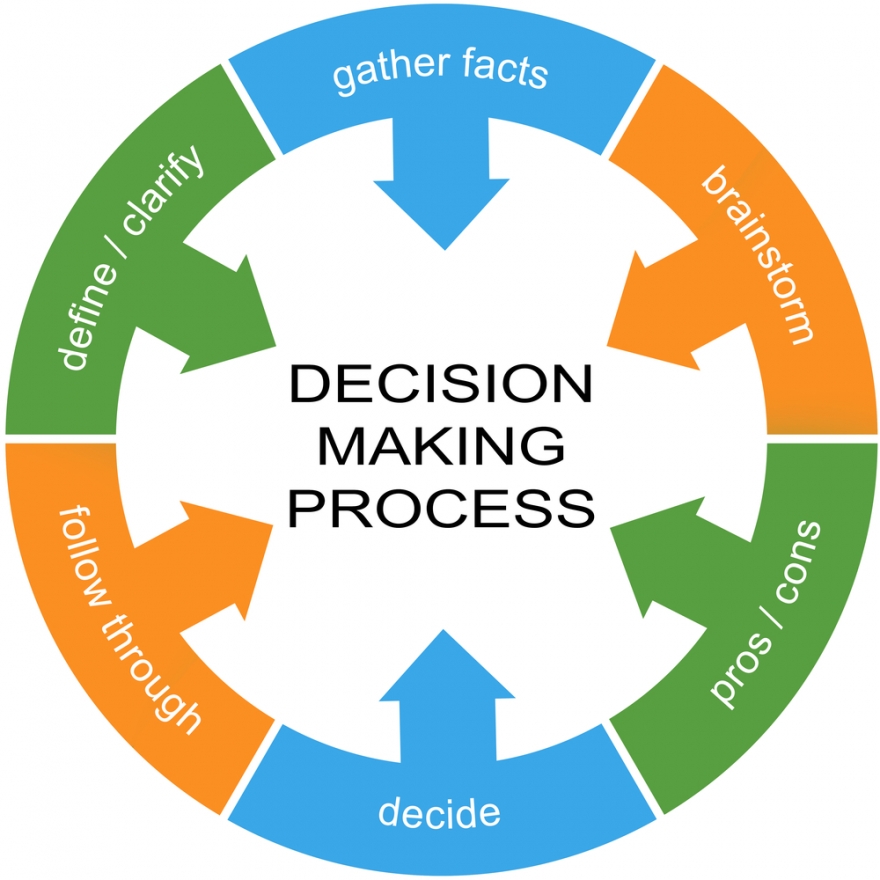
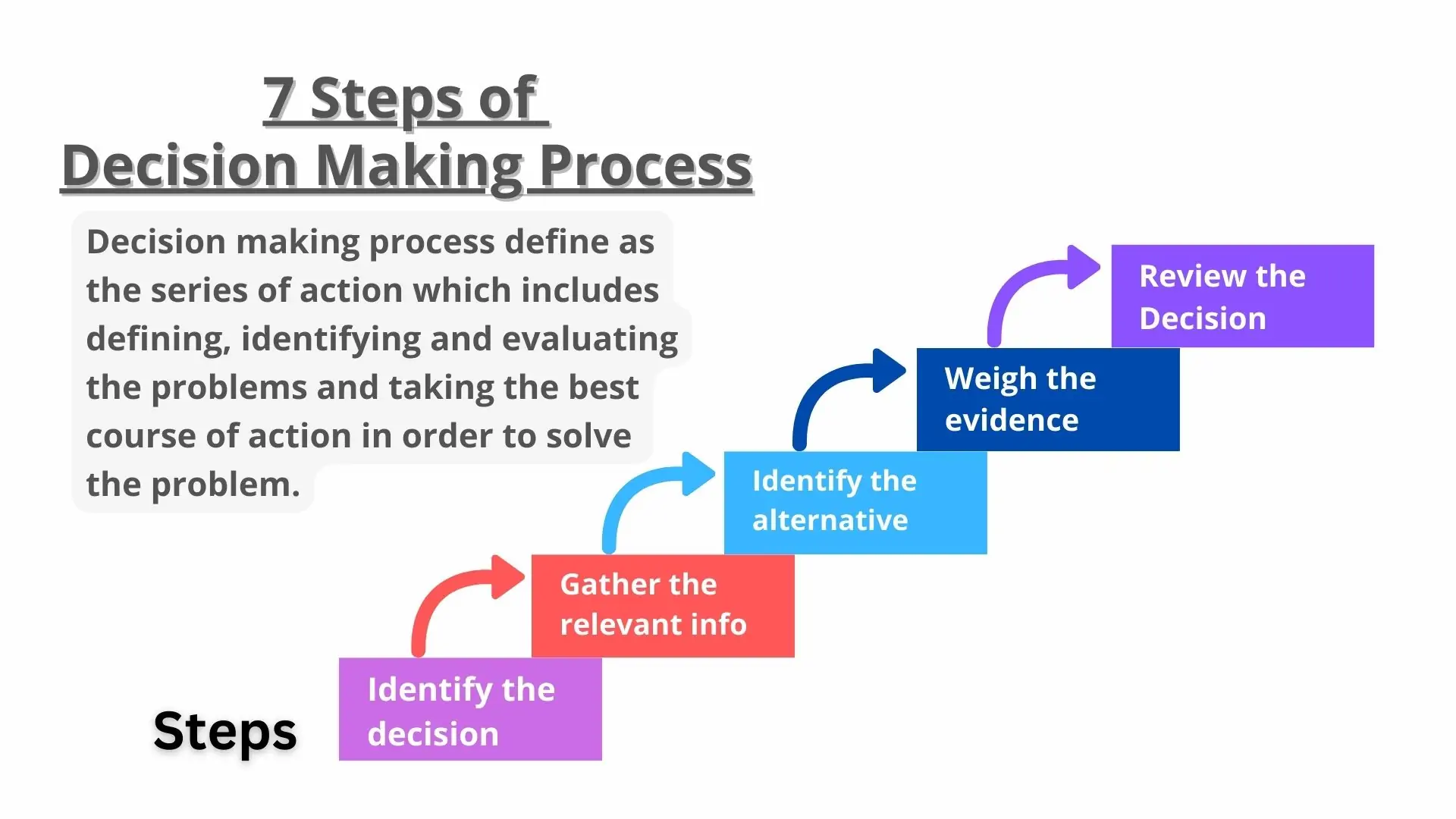
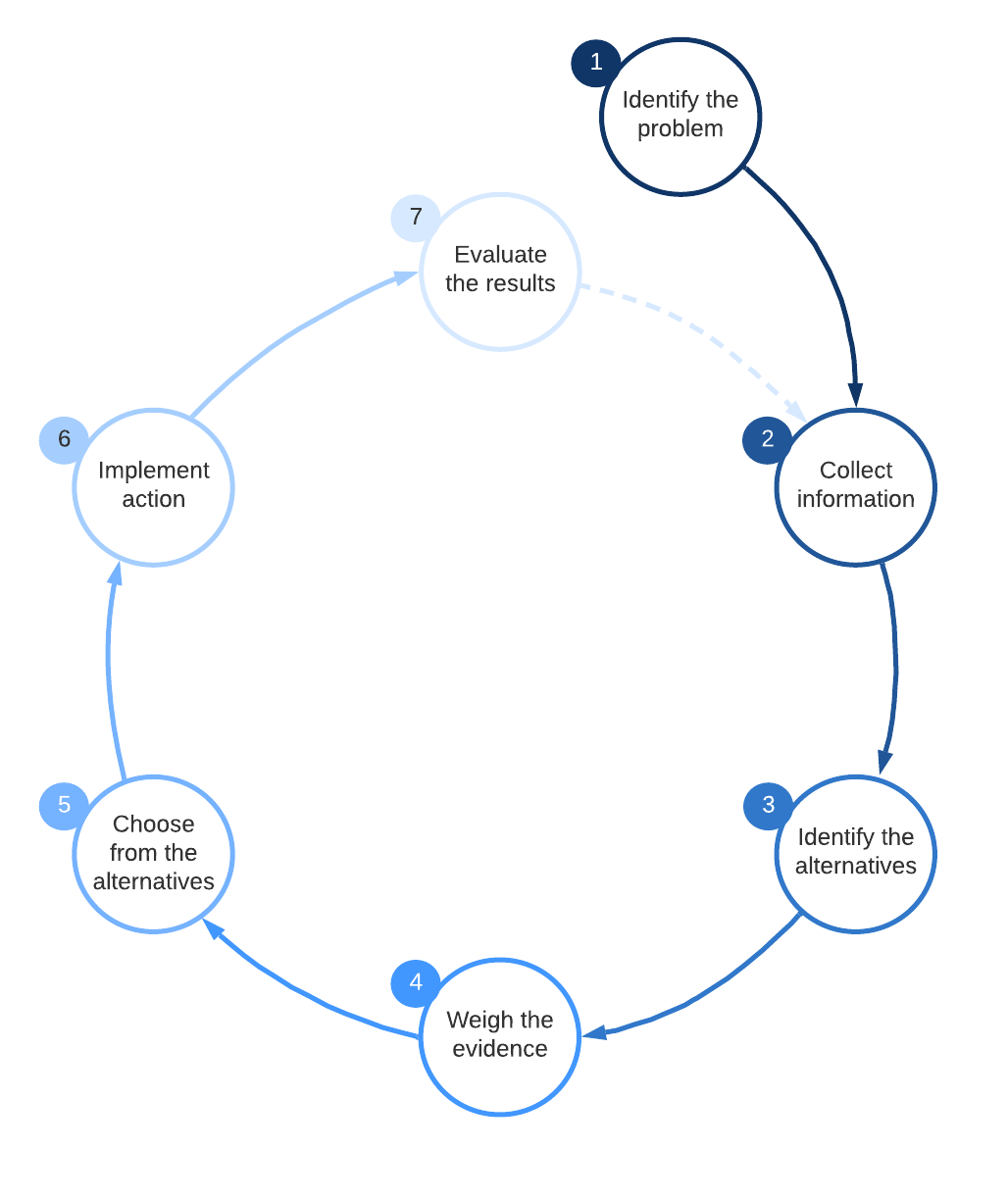
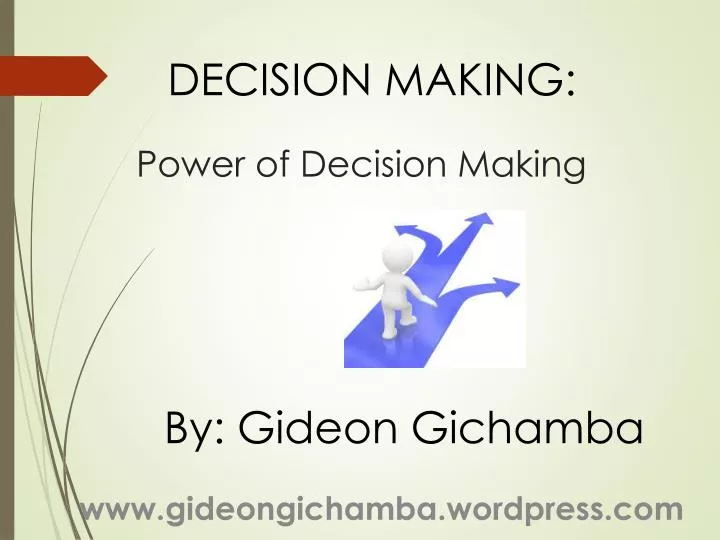

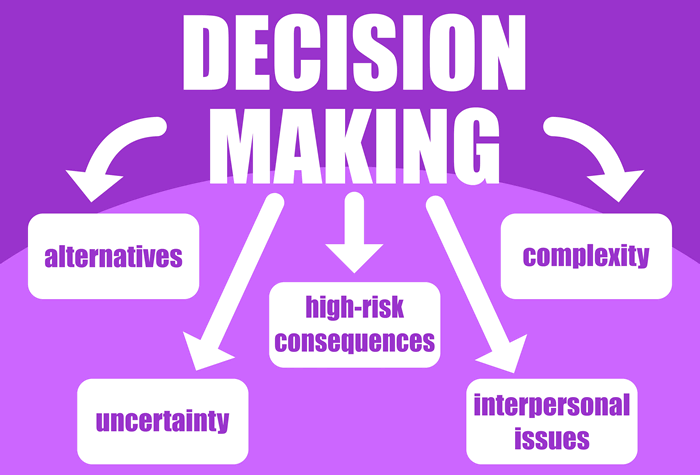

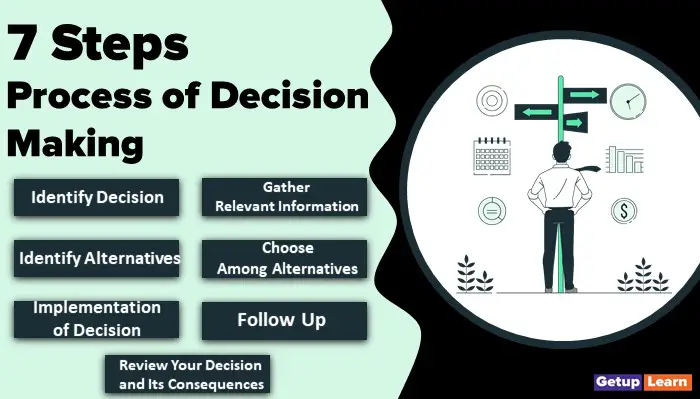
Closure
Thus, we hope this article has provided valuable insights into The Power of Decision: Understanding the Process of Making Up One’s Mind. We hope you find this article informative and beneficial. See you in our next article!